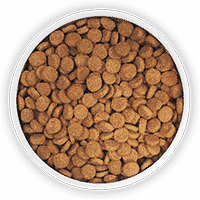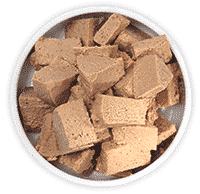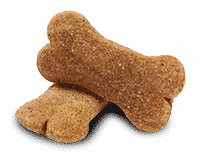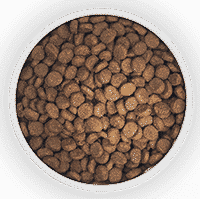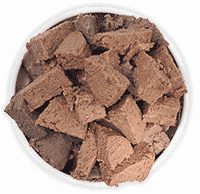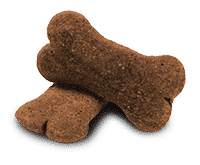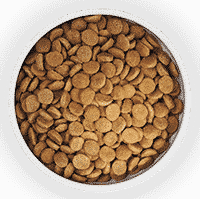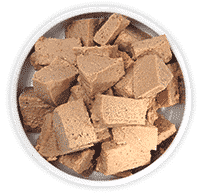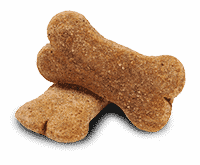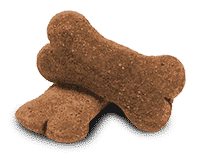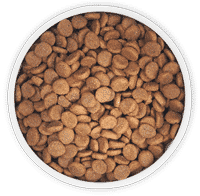As pet owners, we are always looking out for the health and well-being of our four-legged friends. Food allergies are a common issue amongst canines, but it is a diagnosis that is often hard to nail down. Allergies are mistaken for other medical problems, leaving dogs to suffer. How do you know if your dog has a dog food allergy? Here are a few things you should look out for, especially when choosing a new brand of food.
Symptoms of a Dog Food Allergy
When introducing any new food, you need to be vigilant at observing how your dog reacts. Even different protein sources from the same brand may cause a reaction. Symptoms of a dog food allergy typically occur minutes or hours after consumption.
What to watch for:
- Vomiting
- Diarrhea
- Excessive gas
- Hives
- Red skin
- Itching
- Swelling around the face or eyes
- Trouble breathing
- Fast breathing
If your dog experiences any of the above, it is vital that you call your veterinarian and get medical advice. While many dog food allergies are mild, some can be life-threatening.
How to Avoid a Dog Food Allergy
Unfortunately, there is no way to prevent your dog from having an allergy. However, you can prevent a reaction by avoiding the trigger. If you think your dog may have a food allergy, try an elimination diet to find the source. Try different formulas until you get one that doesn’t cause symptoms. If your dog’s reaction is severe, your vet may want to perform allergy testing. Make sure to allow at least two weeks on any new food before determining if it is a good fit or not. Sometimes it can take a few days for your dog to adjust to a change in diet.
For many dog owners, a switch to grain-free dog food was an instant fix for their dogs with allergies to wheat, corn and soy. Lower-quality dog foods often include grains as cheap fillers, along with other artificial colors and chemicals. When searching for new dog food, look for brands that are transparent with their ingredients. A high-quality brand will always have meat as a first ingredient and will be clear on where they source their protein. Avoid dog food formulas that contain common allergens and see how your dog reacts.
